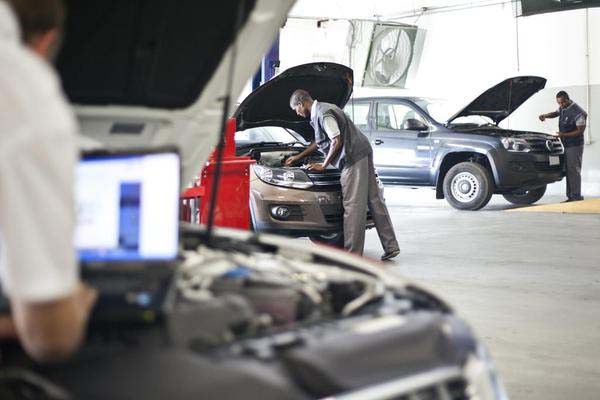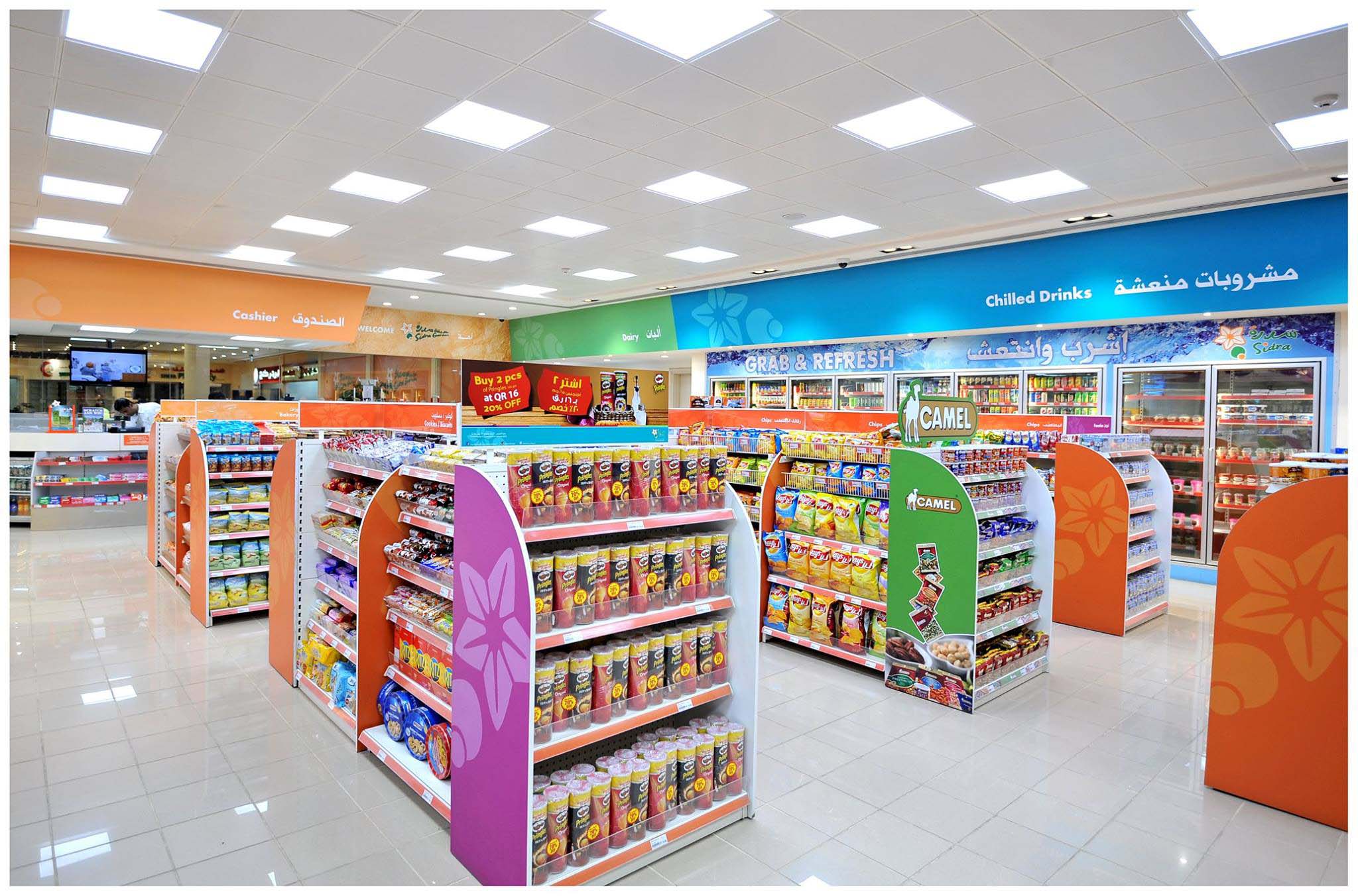
Sales at Woqod’s convenience stores fell last year after the state-owned fuel company stopped selling cigarettes to customers, the firm has said in an explanation of its 2015 finances this week.
Though Woqod overall posted a QR1.25 billion profit (an 11 percent increase) last year, revenues at Sidra stores declined 4.8 percent to QR152.6 million, the company said in its annual report, which was released yesterday.
The drop was a rare bit of bad financial news for the firm, which also sells jet fuel and shipping oil.
In its report, Woqod said the sale of tobacco products is now banned at its facilities. Several stations told Doha News this morning that cigarettes were removed from their shelves approximately a year ago.
Smoking on the rise
The ban came as smoking rates in Qatar appear to be rising. According to the most recent figures published by the World Health Organization, some 12 percent of residents 15 years and older smoked in 2013, up from 10 percent the previous year.

Regulators around the world have experimented with restrictions on retail sales of tobacco, including banning displays such as the so-called “power-wall” of cigarettes behind the cash register, as a way of cutting smoking rates.
The strategy appears to work, according to research published late last month by the British Medical Journal.
Authorities in Qatar have mulled raising penalties on shops caught selling tobacco to minors and giving malls the power to ticket those found smoking on their premises, among other measures, but those efforts appear to have stalled.
Meanwhile, many residents complain that bans on smoking in public places are poorly enforced.
Maintenance facilities
Woqod – which suddenly increased fuel prices in January – expanded on most other fronts last year, including its petrol station network.
According to officials, its locations are expected to get bigger in the coming years and offer more services, including vehicle maintenance.

The Peninsula reported that Woqod plans to enter into joint ventures with several vehicle manufacturers – starting with Mercedes, Nissan and Toyota – to build onsite garages.
“We are going to develop standalone full car maintenance service facilities at Woqod petrol stations wherever space is available,” Woqod CEO Ibrahim Jaham Al Kuwari told the newspaper.
Sales at Woqod’s existing repair workshops jumped 20 percent last year to QR65.2 million, according to the company’s annual report.
Petrol stations
Woqod said it opening eight new petrol stations last year. That’s four fewer than the company has originally planned to open in 2015.

A further 18 stations are under construction. These include several in and around Doha, such as new locations in Al Muntazah, Musheireb, Al Rayyan and Old Ghanem.
More petrol stations are needed to supply petrol to the growing number of vehicles on Qatar’s roads, where lineups of cars and trucks are often seen in central parts of Doha.
The problem has been exacerbated by the closure of several private facilities, such as the Markhiya Petrol Station near Burger King signal and the petrol station near Villaggio Mall.

Additionally, there are no signs of activity at the petrol station just north of Landmark Mall, which was closed in 2014 following a fatal explosion at a nearby restaurant, or the old Al Andalus Petrol Station on C-Ring Road, which has remained shuttered ever since an apparent underground explosion in September 2013.
A senior Woqod official told Doha News last November that there are no plans to close Qatar’s remaining private petrol facilities.
However, the company’s annual report suggests otherwise. It says a new station in Al Khor was needed, in part, “to urge some privately-owned petrol stations to stop their trade, either for maintenance or change the nature of their business altogether to other more profitable ventures.”
Thoughts?







